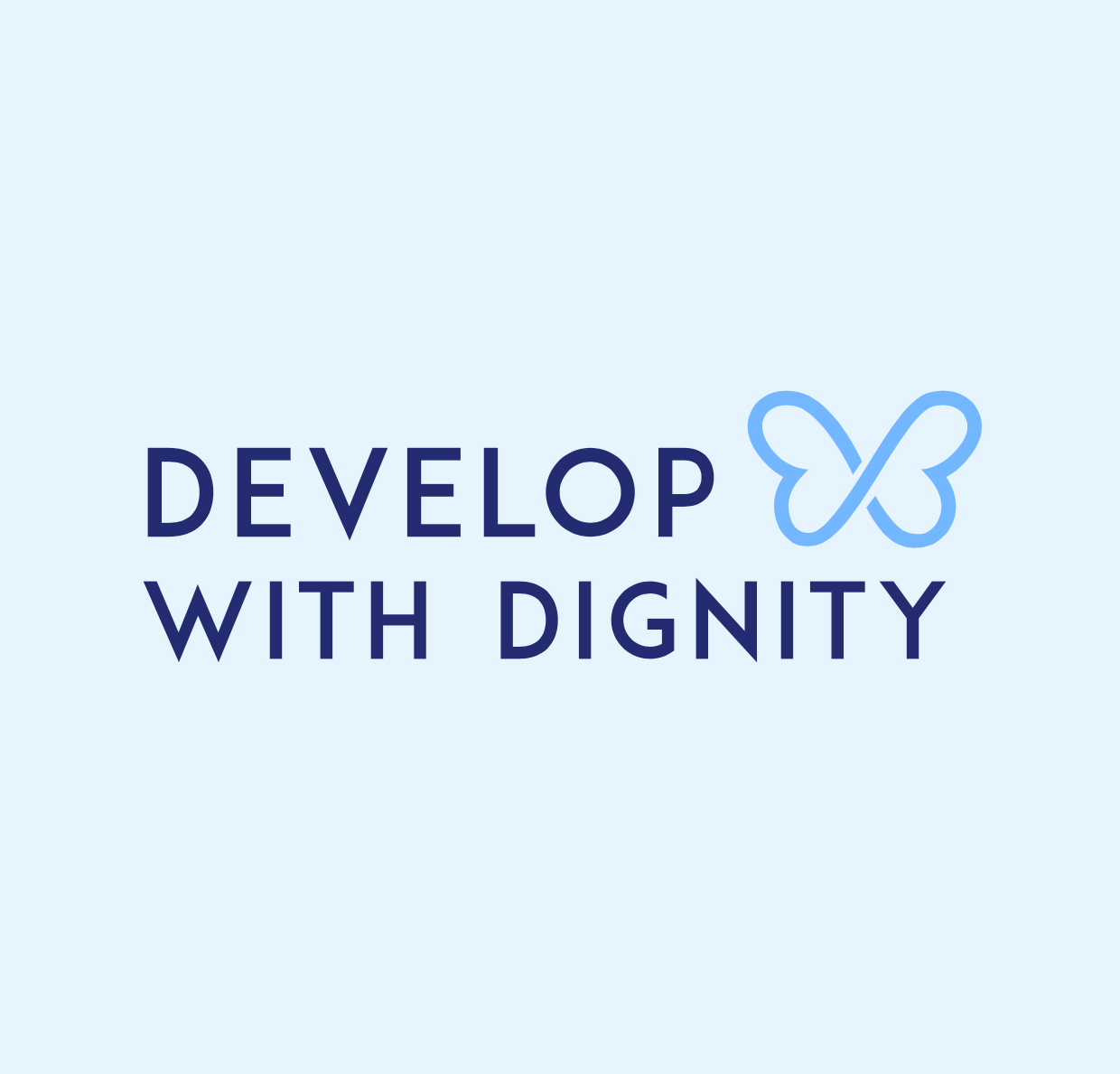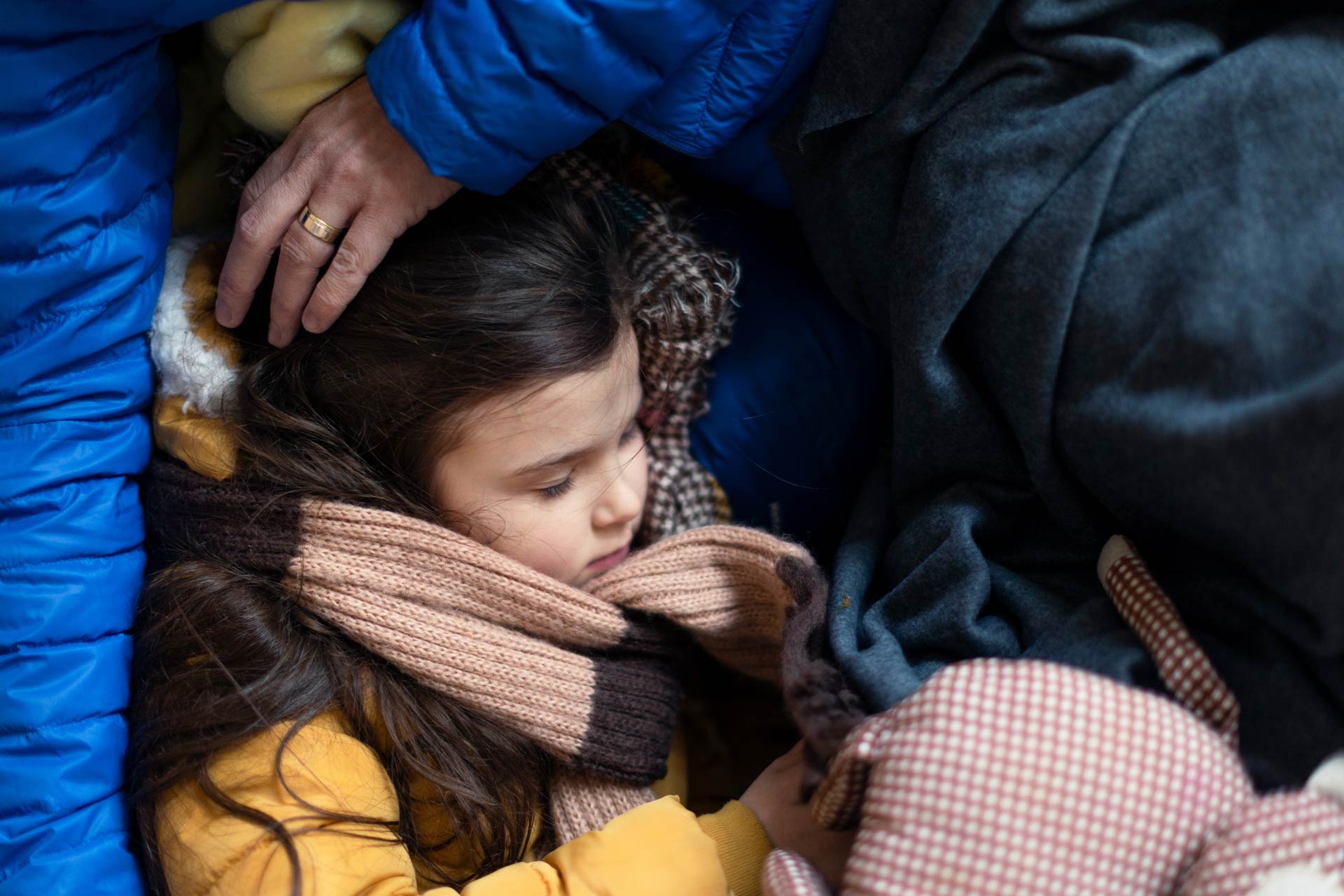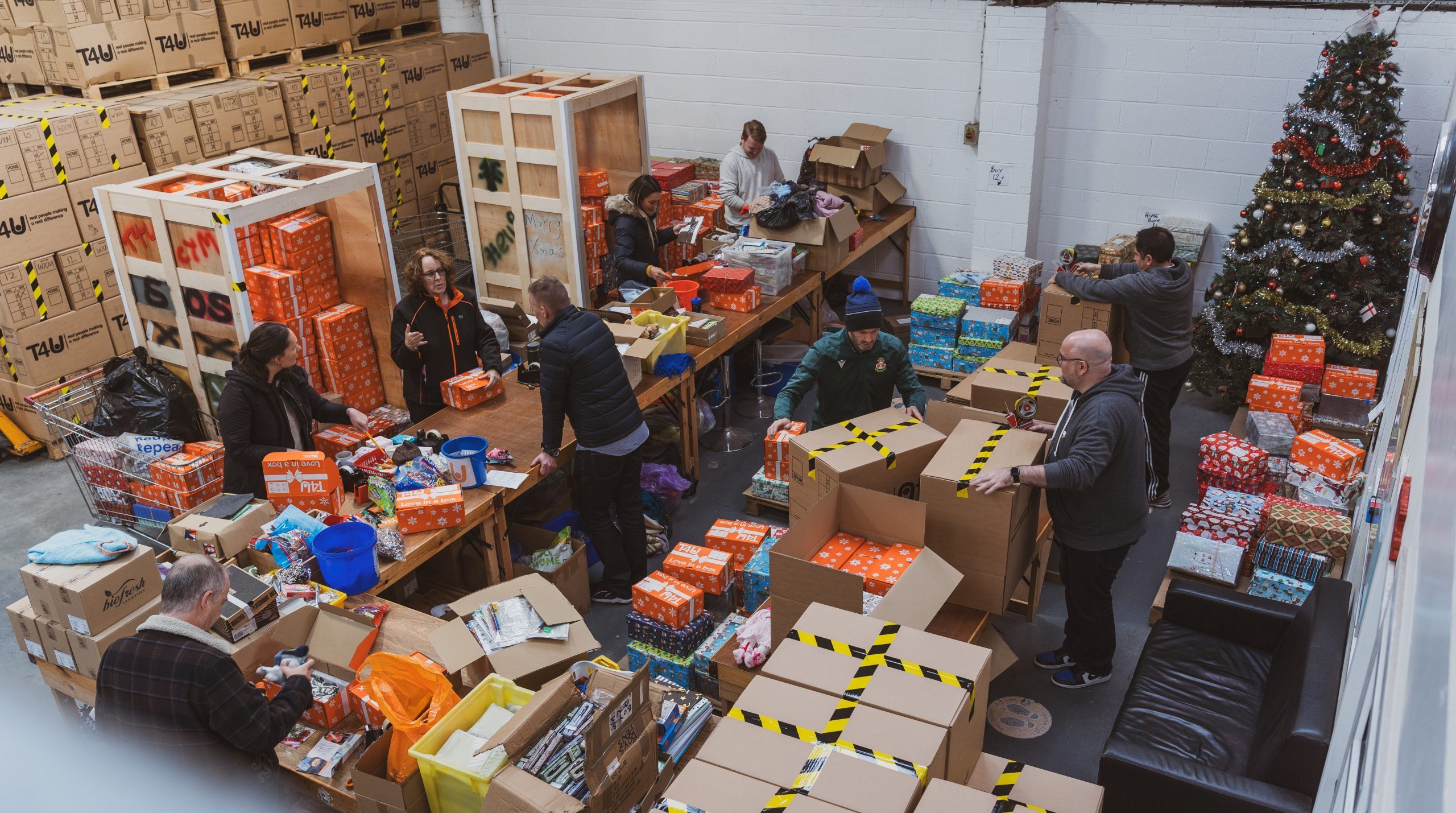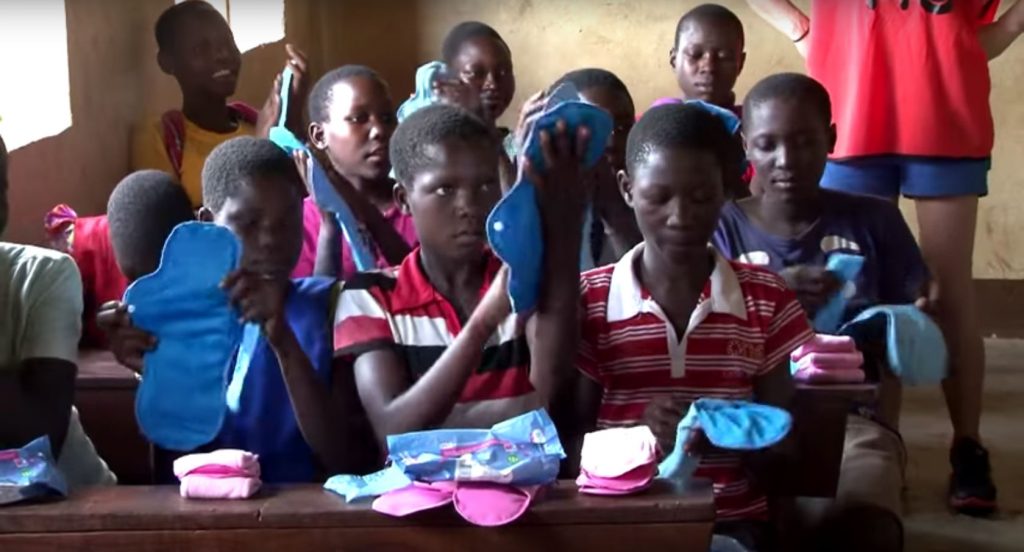In June 2015 we were excited to launch a new program; focused on the issues preventing young women aged 10-16 years from staying in education. Over 10,500 face significant obstacles concerning menstruation, puberty, lack of sanitary wear, teenage pregnancies and sexually transmitted infections.
- 36% admitted to not owning underwear and an estimated 441,000 schooldays were lost due to menstruation
- A large percentage are sexually active, often not by choice, and at risk of STIs.
Up to 60% were regularly missing 2-3 days of school a month and some would drop out altogether. Our aim was to enable these girls to complete their education without unnecessary disruption by:
- resourcing teachers to deliver sex education,
- taking volunteers out to talk about the benefits of remaining in school and
- handing out essential resources of underwear and washable sanitary towels to reduce absenteeism
- giving them confidence and empowering them to choose their future
In January 2016 we found a Ugandan manufacturer of reusable sanitary pads and employed a local teacher to provide basic menstrual health management to support the girls long term.
- From 2015-2017 4000 pupils across 60 schools received sanitary wear and underwear.
In 2017 our volunteer, Sarah Sankey conducted a survey of over 600 young women who had benefited:
- 45% increase in school attendance through the provision of sanitary wear
- 20% increase in girls over 12 years of age remaining in education since the project started
- The survey also highlighted the importance of educating why women have periods to dispel culturally held myths
- So, we recognised the need for a factual curriculum on menstrual health to equip senior teachers to support their female pupils.
The Ugandan government released its first Sexual Education Framework in 2018 but the teachers didn’t have the training or materials to deliver it. We responded by regularly visiting our partner schools, training teachers to design lesson plans and resources, and establish connections with local health clinics to facilitate nurses coming into school to answer pupil’s questions and give advice.
In October 2018 we interviewed 131 young women and almost none of them had been educated in sexual health and menstruation. 50% didn’t know why they had periods and the majority were unaware of the dangers of unprotected sex, fearful of using contraception and uninformed about where to get it.
Through funding from UK Aid Direct, we have been able to stretch our nets further to run focus groups and training seminars for local teachers, nurses and community leaders and parents. In 2018 we ran the first stage of educating and discussing attitudes toward menstrual health, sexual health and the importance of tackling taboos to protect their children. The aim is to run this training in all 7 sub-counties by August 2020, empowering 10-19 year old pupils to make informed choices about their health and avoid risk.
In 2018, alongside this we continue to distribute sanitary wear with 1500 young women receiving these yearly.
Funding obtained through UK aid direct – UK government 2018 and 2020 now ongoing 2020-2022 and Hub Cymru Africa – Welsh Government 2017, 2018, 2019-2020






